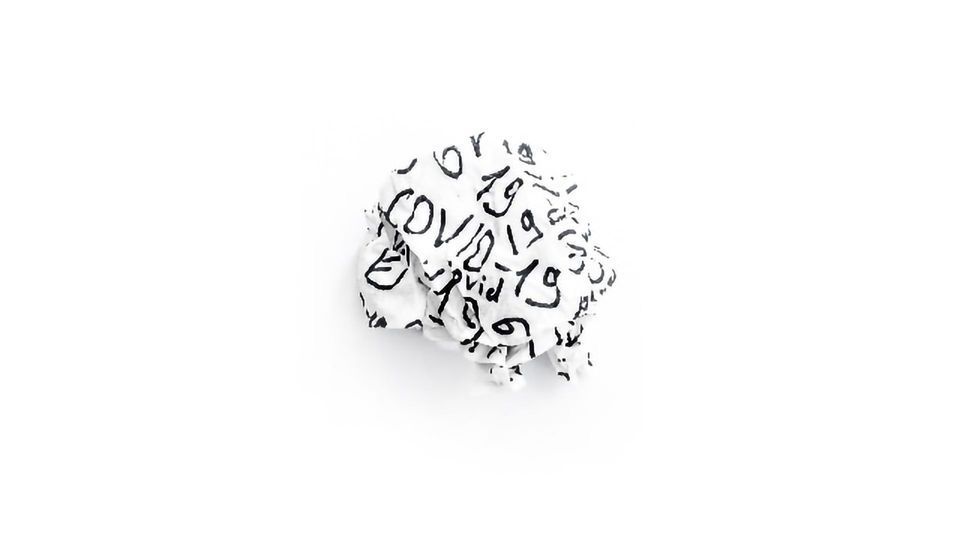Oral Vaccine for COVID-19 on Track Towards Human Clinical Trials

Complete the form below to unlock access to ALL audio articles.
Vaccination has been key to the prevention and management of several infectious diseases throughout history. However, a large number of infectious diseases remain unaddressed, and as the COVID-19 pandemic has clearly demonstrated, we need to be prepared going forward.
A key factor of consideration when developing and manufacturing vaccines is their route of administration into the body. Most often, this is in the form of an injectable, such as an intramuscular injection. The prospect of an injection can be frightening for some individuals, and can deter them away from vaccination. What solutions exist here?
The clinical-stage biotechnology company Vaxart, Inc. is working to "unlock the potential of oral vaccines", whereby a vaccine is administered via an oral tablet as opposed to an injection. The company believe that this approach could dramatically improve patient acceptance and increase vaccination rates.
Last week, Vaxart announced that it has selected its lead COVID-19 vaccine candidate, and has contracted with KindredBio to manufacture the vaccine in bulk. Technology Networks interviewed Walter Latour, MD, CEO and Chairman of Vaxart, to delve deeper into oral vaccine technology, the preclinical results for the oral candidates for COVID-19 and the next steps in this space.
Molly Campbell: Why is an oral vaccine candidate potentially advantageous when compared to an injected vaccine?
Walter Latour (WL): Our oral tablet vaccines are easy to make, easy to distribute and easy to take. Since they can be shipped and stored at room temperature, we believe they may be disruptive to vaccine distribution and administration in general. In the case of a pandemic, where there may be a shortage of needles, vials and the bottleneck of formulation and filling, as well as the difficulty of getting injecatbles into the arms of millions / billions of people, we think the advantages of our oral tablet vaccine are compelling.
MC: Please can you tell us about the VAASTTM oral vaccines platform?
WL: In developing the VAASTTM oral vaccines platform, the first challenge was to develop a versatile vector construct that would not elicit an anti-vector response and selectively activate the immune system to generate a broad and durable immune response to the expressed vaccine antigen.
After evaluating multiple systems, Vaxart settled on non-replicating Adenovirus 5 (Ad5) in combination with a molecular adjuvant (dsRNA), optimized to activate the immune system of the gut.
The second key challenge was to develop a tablet that could reliably deliver the vaccine to the right location in the intestine. Vaxart has developed an enteric coated tablet that protects the vaccine from the acidic environment in the stomach, and then releases the active ingredient in the small intestine.
The Vaxart platfrom is very versatile, so we could rapidly add new antigens if necessary. A key differentiator for Vaxart is that our oral vaccine doesn’t elicit antivector immunity like the injected vector based approaches, such as chimpanzee adenovirus or injected Ad5. That is important if long-term immunity to a disease requires more than a single immunization, or you need to use the vaccine on a regular basis, like a flu vaccine.
MC: Vaxart has obtained positive preclinical results for several oral vaccine candidates. Please can you tell us more about these vaccine candidates, their mode of action and how they were developed?
WL: The Vaxart vaccine expresses key antigens of SARS CoV-2, in vivo. Once the sequences of SARS CoV-2 were published, the nucleic acids were synthezied and cloned into our Ad5 platform rapidly.
Our Ad5 platform allows us to build multiple vaccine candidates very quickly, each based on a different coronavirus antigen combination, and so we were able to make vaccine candidates ready for preclinical testing in a matter of weeks.
Vaxart’s vaccines are designed to generate broad and durable immune responses including both systemic and mucosal responses. In a Phase II efficacy study that was recently published in Lancet Infectious Diseases, we have demonstrated that our oral H1 flu tablet vaccine protected against influenza infection after just one dose. Based on these results, we believe our vaccines are ideal to protect against mucosal respiratory viruses such as SARS-CoV-2, the virus that causes COVID-19.
MC: Can you share any of the findings from the preclinical study results?
WL: The Company’s lead vaccine candidates generated robust anti-SARS CoV-2 antibodies in all tested animals after both the first and second dose, with a clear boosting effect after the second dose. Antibody responses in all vaccinated groups were statistically significant (p<0.002), with median ELISA IgG antibody titers above 10,000 compared to a median titer of 1 in the untreated controls, a larger than 10,000 fold increase.
MC: What are Vaxart's plans for progressing towards clinical trials?
WL: Manufacturing of our COVID-19 vaccine is on track to start a first Phase I study in the second half of this year, possibly as early as the summer. We plan an open label, dose ranging study.
MC: Can you tell us about Vaxart’s development programs outside COVID-19?
WL: At Vaxart, we have conducted multiple clinical trials with our flu and norovirus vaccine candidates based on the same Ad5 platform. We have dosed more than 400 healthy volunteers to date. Our oral vaccines consistently generate both systemic and mucosal responses. Importantly , in a large Phase II challenge study with our flu tablet vaccine, we have demonstrated that it protects as well as the injectable flu vaccine.
What is more, our protection was primarily based on creating a potent mucosal response, which may be critical for Covid-19. A mucosal immune response may also generate a higher degree of cross-reactivity than an injected vaccine approach, as we and others have shown with other pathogens in animal challenge experiments.
Walter Latour, MD, CEO and Chairman of Vaxart was speaking to Molly Campbell, Science Writer, Technology Networks.


